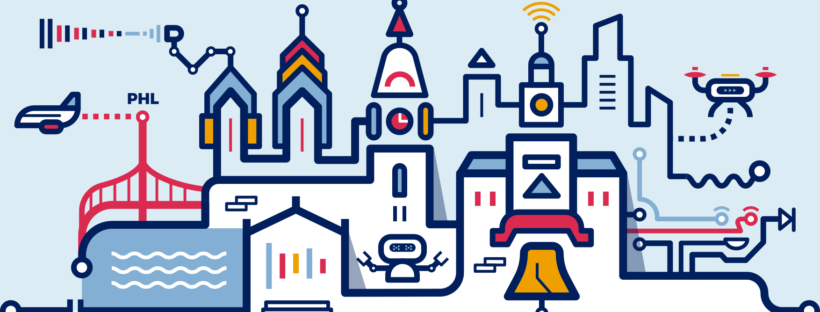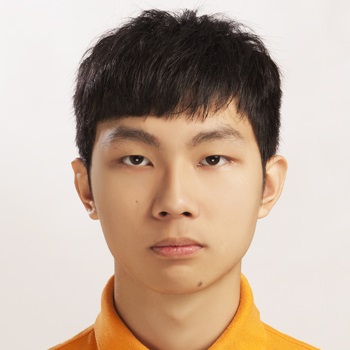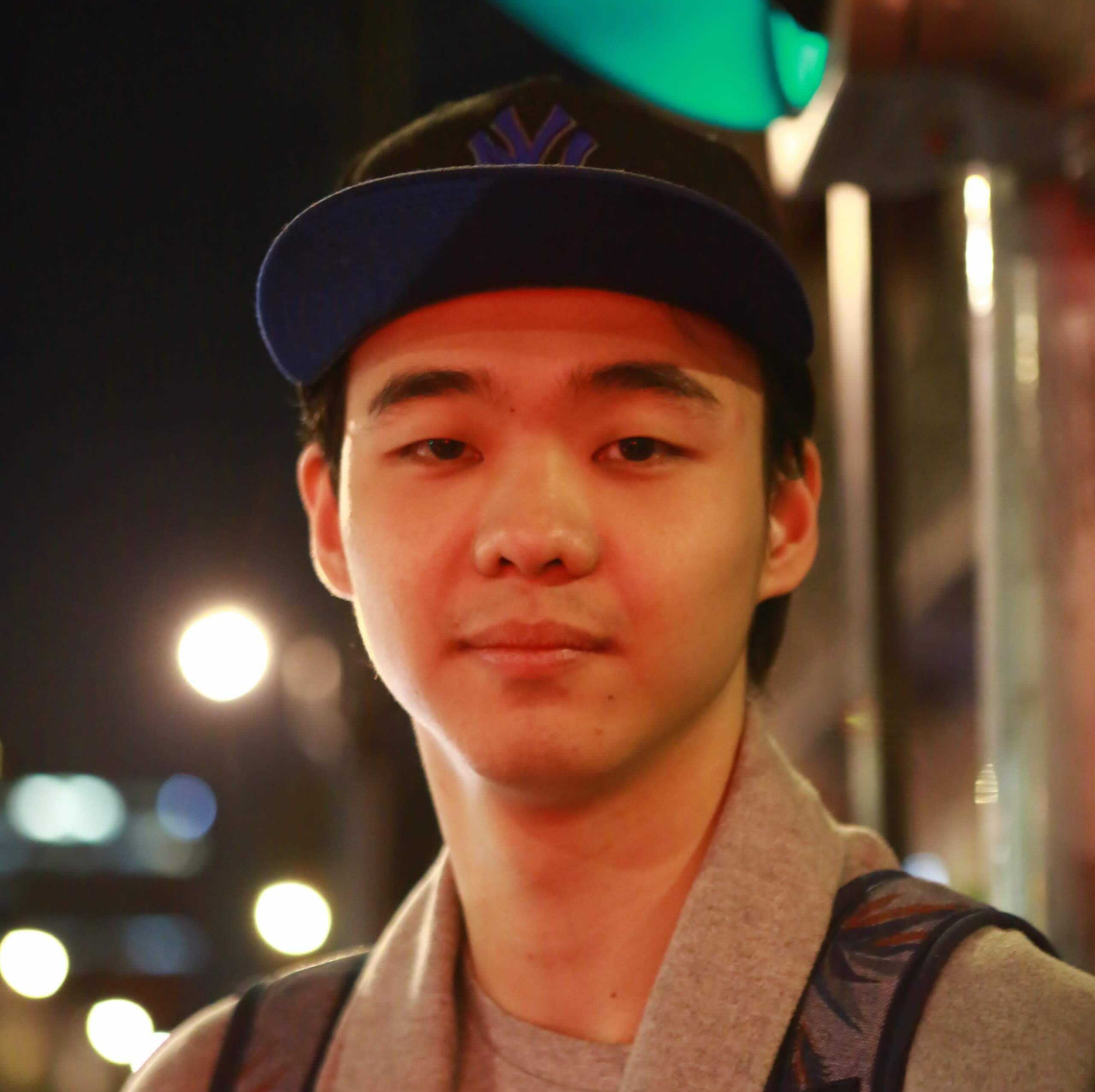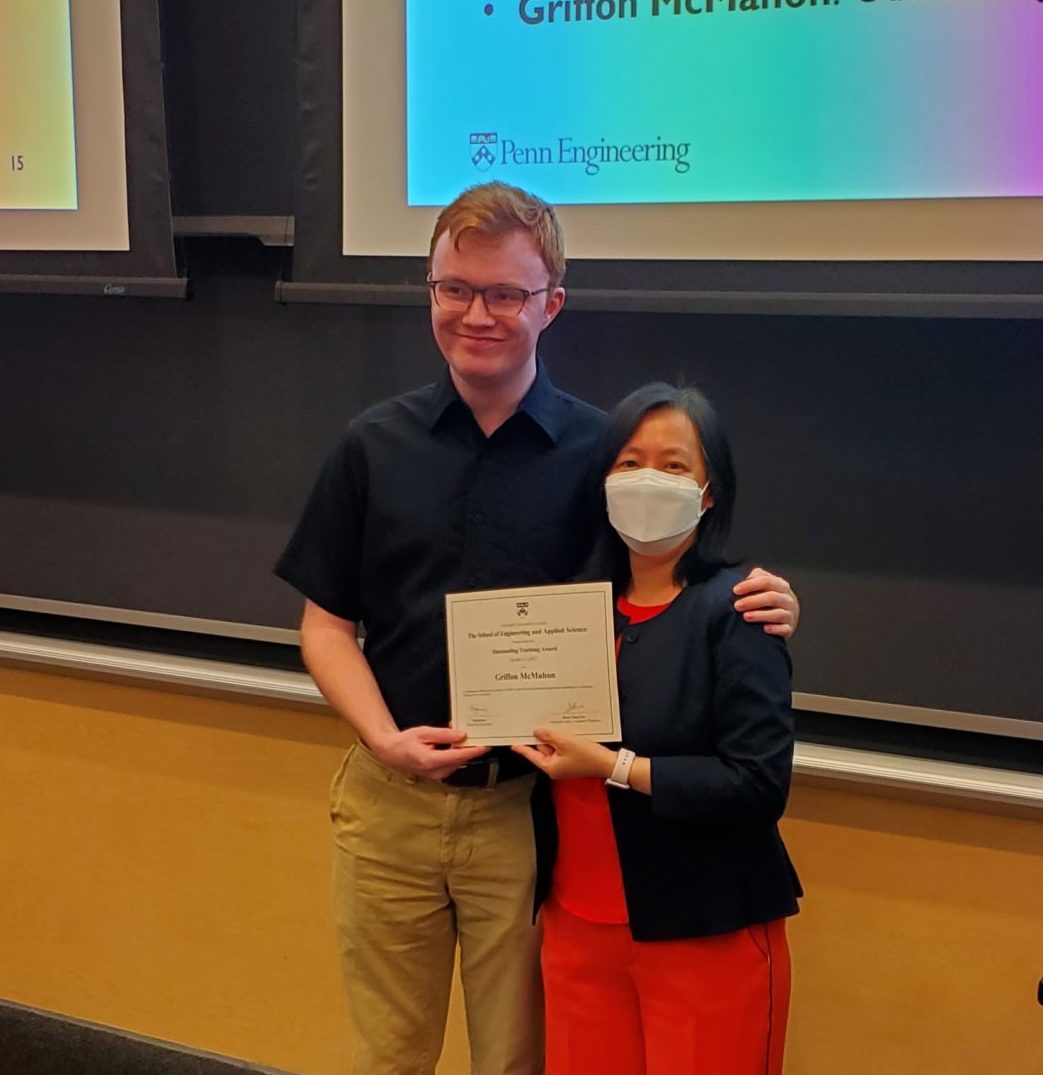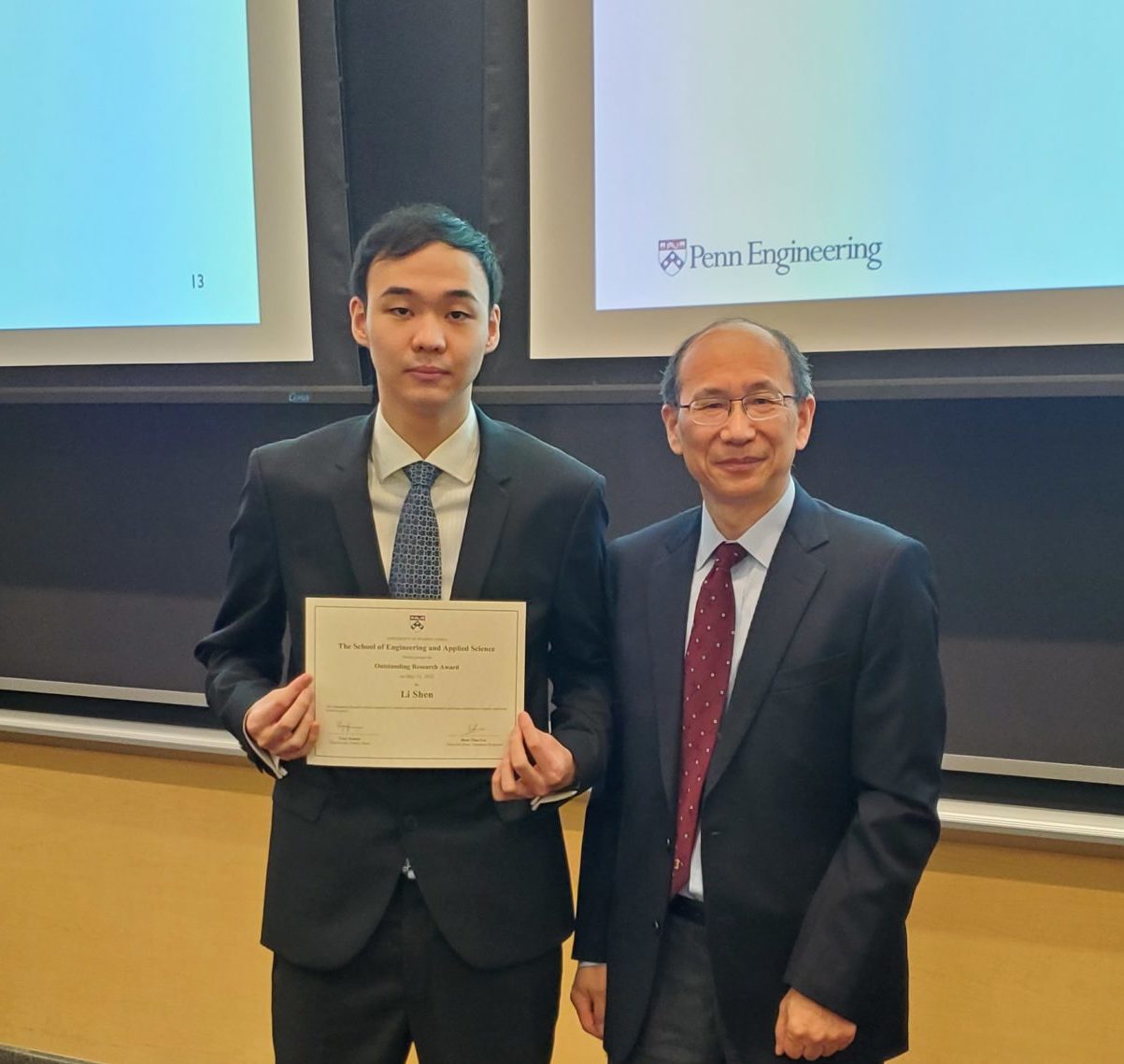Y. Wu, T. Z. Jiahao, J. Wang, P. A. Yushkevich, M. A. Hsieh, J. C. Gee
Abstract: Deformable image registration (DIR), aiming to find spatial correspondence between images, is one of the most critical problems in the domain of medical image analysis. In this paper, we present a novel, generic, and accurate diffeomorphic image registration framework that utilizes neural ordinary differential equations (NODEs). We model each voxel as a moving particle and consider the set of all voxels in a 3D image as a high-dimensional dynamical system whose trajectory determines the targeted deformation field. Our method leverages deep neural networks for their expressive power in modeling dynamical systems, and simultaneously optimizes for a dynamical system between the image pairs and the corresponding transformation. Our formulation allows various constraints to be imposed along the transformation to maintain desired regularities. Our experiment results show that our method outperforms the benchmarks under various metrics. Additionally, we demonstrate the feasibility to expand our framework to register multiple image sets using a unified form of transformation,which could possibly serve a wider range of applications.
Status: Accepted to CVPR 2022.
Preprint available on arXiv: https://arxiv.org/abs/2108.03443

